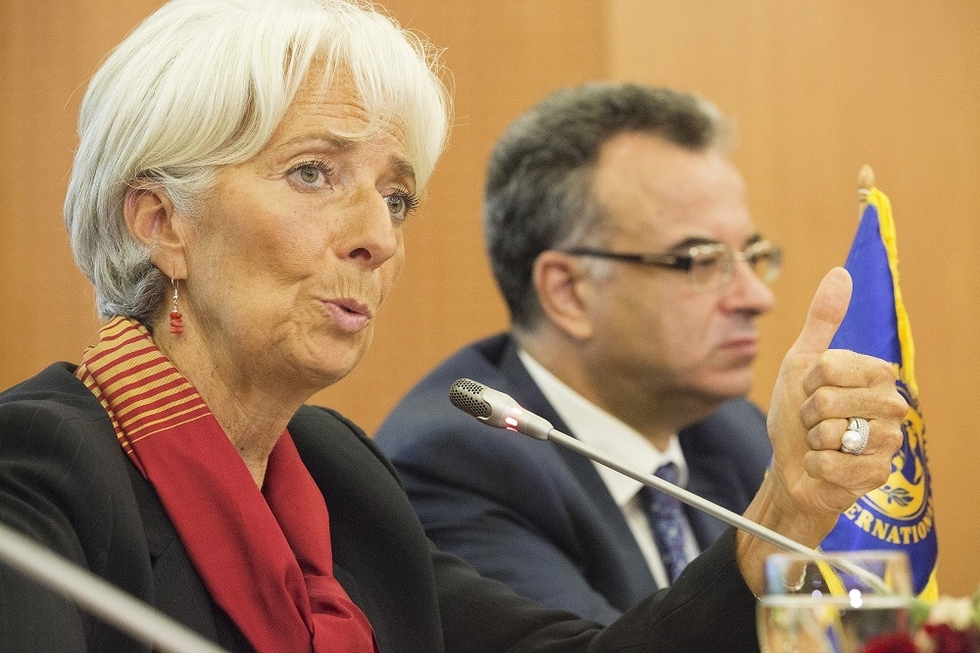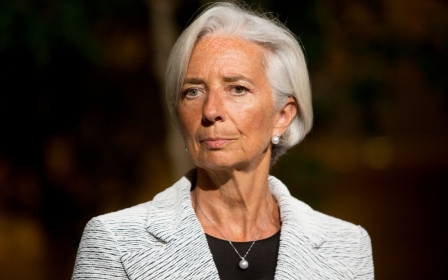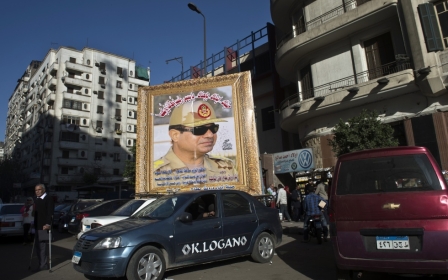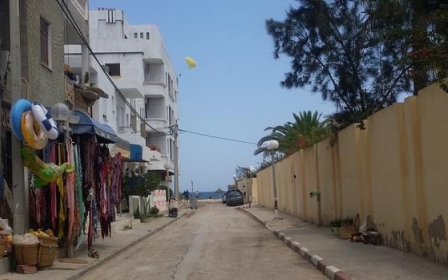Tunisia to seek at least $1.7bn in IMF assistance package

Tunisia, whose economy has languished since the country's longtime president Zine El Abidine Ben Ali was ousted nearly five years ago, is to ask the IMF for a new aid package, the country's central bank chief said on Wednesday.
Chedly Ayari, speaking at a news conference with visiting International Monetary Fund chief Christine Lagarde, said the amount sought would at least equal a $1.7bn credit line granted in 2013.
That loan was to have expired in June, but the IMF extended it for another seven months to give Tunis more time to adopt reforms set out by the bank.
Ayari said $1.7bn was the "lowest estimate, and it could be more, depending on our needs, the possibilities and the conditions".
He said he hoped negotiations could start in November, so the assistance could be available by March next year.
On Tuesday, Lagarde had urged Tunisia - whose vital tourism sector has been hard hit this year by deadly attacks on tourist - to press ahead with the "vast number" of pending economic reforms.
While noting difficult international economic conditions and the negative effects of attacks on the Bardo National Museum in March and a popular tourist resort in June, she said Tunisia was "proving its resilience".
"To maintain growth, create the conditions of prosperity and, above all, create employment, it is imperative to maintain security, macroeconomic and financial stability so that confidence can be restored" among domestic and foreign investors, she said.
Lagarde said this required a solid banking system as well as an efficient public administration, a fair tax system and a business climate that was open to competition while also providing modern social protections.
She said she was "confident... in Tunisia's ability to meet these challenges".
The IMF's reforms are seen as controversial, with many opposing the often austerity-driven programmes set out by the bank. Tunisian teachers unions, taxi drivers and petrol station owners have all previously picketed against the reforms that include the end of key subsidies and tax increases on some goods, such as petrol.
Despite the opposition, however, Tunisia has pushed ahead with the economic changes.
On Wednesday, Lagarde expressed openness to work with Tunisia on a new programme and indicated that Tunis would get a favourable hearing, but said she didn't want to give them the impression she was pressing for one.
"There is a lot of work to be done, and there can be no dawdling along the way. It is necessary to really work and to consider that these economic reforms are a priority, decisive," she said.
Finance Minister Slim Chaker also pointed out that Tunisia had already adopted some reforms and was "making progress" on others. In particular, he mentioned a new investment code and a modernisation of the customs regime.
GDP grew by a modest 1.0 percent in the first half, but the full-year figure is expected to be only 0.5 percent, the finance ministry has said. While according to official statistics unemployment has been falling since the 2011 revolution, it remains a key problem especially among the youth with up to 40 percent of young people unemployed in parts of the country.
New MEE newsletter: Jerusalem Dispatch
Sign up to get the latest insights and analysis on Israel-Palestine, alongside Turkey Unpacked and other MEE newsletters
Middle East Eye delivers independent and unrivalled coverage and analysis of the Middle East, North Africa and beyond. To learn more about republishing this content and the associated fees, please fill out this form. More about MEE can be found here.




